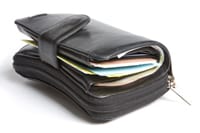 You come home from a long day and your purse or wallet is stuffed with little receipts. They are from the bank, the store, and the dry cleaners. You probably even have your paystub stuffed in there. Do you have a system for dealing with all these little pieces of paper? If not, now is the time to start.
You come home from a long day and your purse or wallet is stuffed with little receipts. They are from the bank, the store, and the dry cleaners. You probably even have your paystub stuffed in there. Do you have a system for dealing with all these little pieces of paper? If not, now is the time to start.
I personally have different systems for different types of receipts:
Bank, debit card and credit card receipts – For the most part, these are shredded after they are balanced to my bank statement. In the meantime, I toss them into my little receipt basket. If I ever need to return an item or get a price adjustment for sales items, all my receipts are in one place and easy to find.
Warranty receipts – Receipts for items that have a warranty are stapled into the product manual and filed by category such as “appliances”, “tools”, “technology”, etc.
Gift receipts – I keep gift receipts until I can be sure that the recipient won’t call asking if he or she can exchange my gift. I wait about a month, generally.
Dry cleaning and other delivery/pickup items – These go on my fridge with a magnet as a reminder to pick up when ready. It also keeps the receipt handy.
Paystubs – I treat these a little differently. They are kept in an accordion file with my tax receipts and filed by category until my W-2 arrives and all paperwork agrees.
Because of the possibility of identity theft, each receipt and the corresponding paperwork is shredded before it’s thrown away. I never toss any paperwork with account numbers or other personal information and you shouldn’t either.
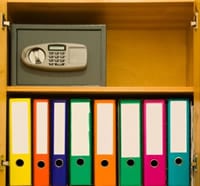 Hurray! Tax season is over (unless you filed an extension).
Hurray! Tax season is over (unless you filed an extension).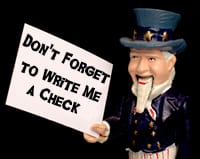
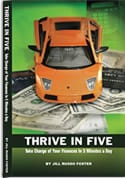
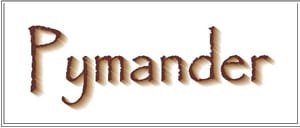
 Question: Which of the following is worth more?
Question: Which of the following is worth more?
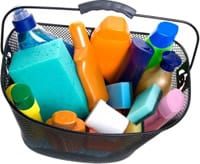 Now that Spring has arrived, most of us think spring cleaning. I am going to put a twist on that for this year that will save you money, too. I want you to spring clean your finances. This is not an all day project.
Now that Spring has arrived, most of us think spring cleaning. I am going to put a twist on that for this year that will save you money, too. I want you to spring clean your finances. This is not an all day project.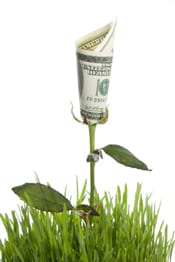
 I have no idea what is going on with the weather around here. First, we start the year with a record number of snow storms and now the rain. What are we supposed to do? We need to be prepared for whatever weather comes our way.
I have no idea what is going on with the weather around here. First, we start the year with a record number of snow storms and now the rain. What are we supposed to do? We need to be prepared for whatever weather comes our way.